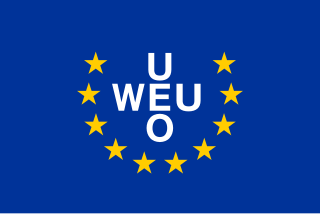
The Western European Union was the international organisation and military alliance that succeeded the Western Union (WU) after the 1954 amendment of the 1948 Treaty of Brussels. The WEU implemented the Modified Brussels Treaty. During the Cold War, the Western Bloc included the WEU member-states, plus the United States and Canada, as part of the North Atlantic Treaty Organization (NATO).

The Common Foreign and Security Policy (CFSP) is the organised, agreed foreign policy of the European Union (EU) for mainly security and defence diplomacy and actions. CFSP deals only with a specific part of the EU's external relations, which domains include mainly Trade and Commercial Policy and other areas such as funding to third countries, etc. Decisions require unanimity among member states in the Council of the European Union, but once agreed, certain aspects can be further decided by qualified majority voting. Foreign policy is chaired and represented by the EU's High Representative, currently Josep Borrell.
The European Union Institute for Security Studies (EUISS) is a Paris-based agency of the European Union (EU) within the realm of Common Foreign and Security Policy (CFSP). The EUISS is an autonomous agency with full intellectual freedom and researches security issues of relevance for the EU and provides a forum for debate. In its capacity as an EU agency, it also offers analyses and forecasting to the High Representative for Foreign Affairs and Security Policy, Josep Borrell.
The European Centre for Minority Issues (ECMI) is an academic research institute based in Flensburg, Germany, that conducts research into minority issues, ethnopolitics, and minority-majority relations in Europe. ECMI is a non-partisan and interdisciplinary research institution. It is a non-profit, independent foundation, registered according to German Civil Law.
The International Strategic Research Organization is an independent think-tank established in 2004. It pursues interdisciplinary studies on national and international political, economic and security issues.

The European Security and Defence College (ESDC) is an EU body embedded in the External Action Service (EEAS) of the European Union (EU) that provides training and education at EU level in the field of the Common Security and Defence Policy (CSDP), which is part of the EU's Common Foreign and Security Policy (CFSP). The ESDC has limited legal capacity.

The European External Action Service (EEAS) is the diplomatic service in charge of executing all international relations of the European Union. The EEAS is led by the High Representative for Foreign Affairs and Security Policy (HR/VP), who is also President of the Foreign Affairs Council and vice-president of the European Commission, and carries out the EU's Common Foreign and Security Policy (CFSP), including the Common Security and Defence Policy (CSDP).
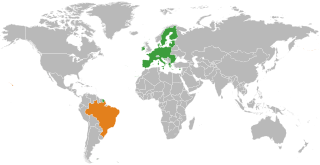
Brazil and the European Union established diplomatic relations in 1960. The European Union and Brazil have close historical, cultural, economic and political ties. At the 1st EU-Brazil summit, in 2007, Brazil entered in a strategic partnership with the European Union, strengthening their ties. This new relationship places Brazil high on the EU's political map.
The British Battlegroup or UK Battlegroup is an EU Battlegroup, consisting entirely of British armed forces. It was on standby from 1 January, until 30 June 2005, and from 1 July, until 31 December 2008.
Álvaro de Vasconcelos was the Director of the European Union Institute for Security Studies between May 2007 and May 2012.
The European Institute of International Relations is an independent research center, providing training and debates on major international issues. It was established in 1997.
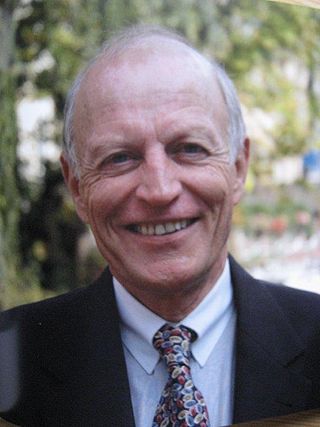
Dieter Mahncke is a scholar of foreign policy and security studies, and Alfried Krupp von Bohlen und Halbach Professor Emeritus of European Foreign Policy and Security Studies at the College of Europe. He is the author of books and articles on European security, arms control, German foreign policy, Berlin, US-European relations and South Africa.

Raffaele Marchetti is an Italian political scientist and editorialist.

Mohsen Qomi is an Iranian cleric, conservative politician and a member of the Assembly of Experts.

Battlegroup I-2010 or BG I-2010 is an EU Battlegroup led by Poland, in which Germany, Lithuania, Latvia and Slovakia also participate. It was on standby during the first half of 2010.
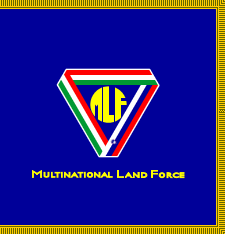
The Multinational Land Force (MLF), also known as the Italian–Hungarian–Slovenian Battlegroup was an EU Battlegroup led by Italy, in which Hungary and Slovenia also participate.
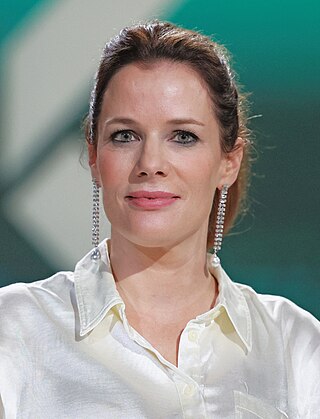
Florence Gaub is a Franco-German researcher, security expert and futurist who focuses on foresight based policy formation for international relations and security policy. She is director of the research division at the NATO Defense College (Rome). She worked as deputy director at the European Union Institute for Security Studies (EUISS) in Paris from February 2018 until May 2022, worked as foresight advisor at the General Secretariat of the Council and is Visiting Professor at the College of Europe, member of the WEF Global Future Council on the Future of Complex Risks as well as founder and president of a think-tank and consultancy, Futurate Institute.

Nicolae "Nicu" Popescu is a Moldovan author and diplomat who served as Minister of Foreign Affairs and European Integration of Moldova from 6 August 2021 until 26 January 2024 in the Gavrilita and then Recean cabinets. He was also Moldova's Foreign Minister from 11 June - 14 November 2019 in the Sandu Cabinet. Until his appointment, he was the director of the Wider Europe programme of the European Council on Foreign Relations and visiting professor at Sciences Po-Paris.

This article outlines the present structure of the European Union's Common Security and Defence Policy (CSDP), a part of the Common Foreign and Security Policy (CFSP) based on articles 42–46 of the Treaty on European Union (TEU). Article 42.2 of TEU states that the CSDP includes the 'progressive framing' of a common Union defence policy, and will lead to a common defence, when the European Council of national heads of state or government, acting unanimously, so decides.

Luis Peral was a Spanish academic, analyst and facilitator who specialised in international law, human rights, international humanitarian law, forced migration, peacekeeping and peace-building, conflict analysis and private diplomacy.













